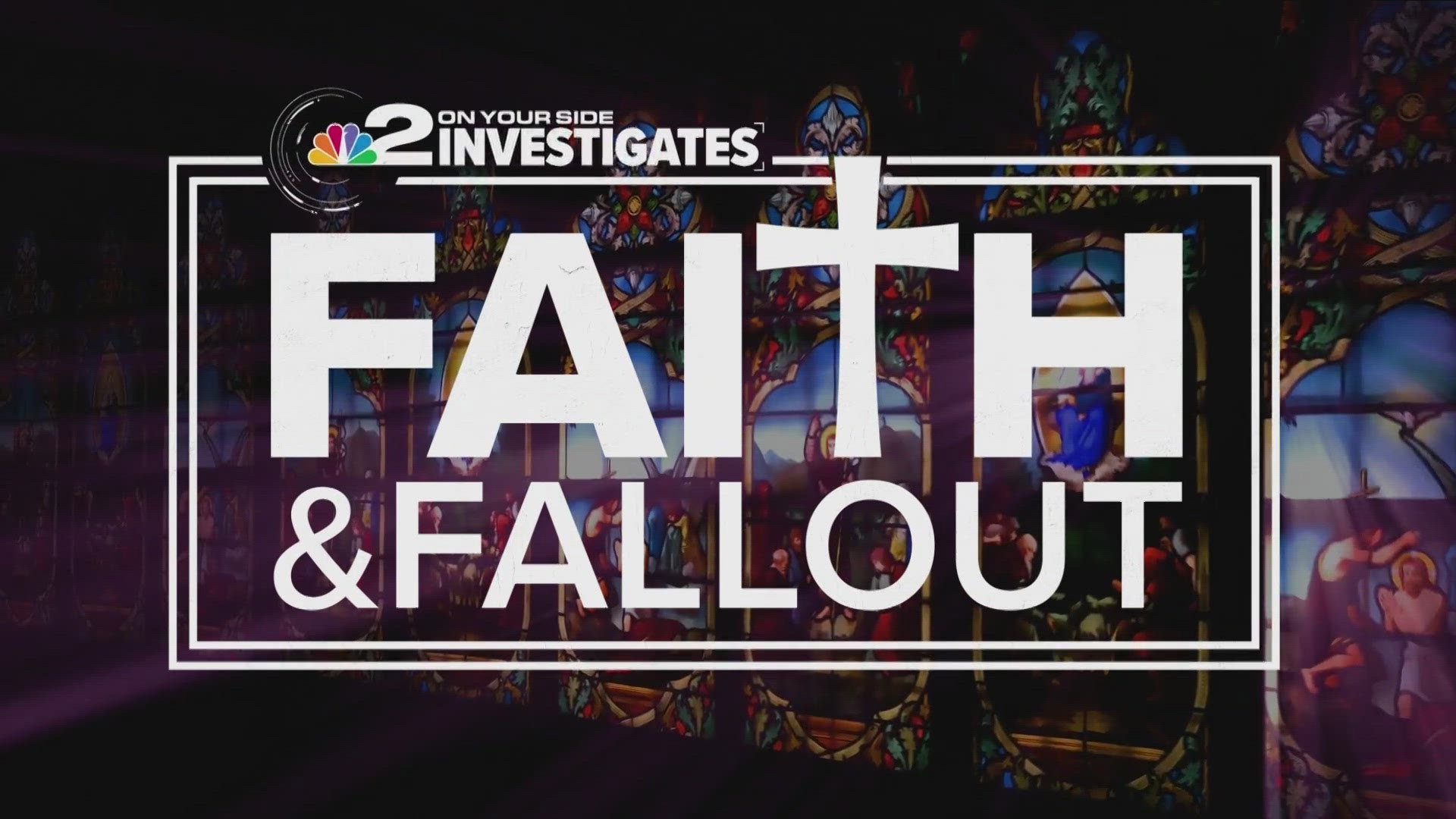BUFFALO, N.Y. — Ascension Roman Catholic Church in Batavia was originally slated to remain open when the Diocese of Buffalo announced church closings earlier this year. But diocesan leaders changed their minds and announced last month that the small but vibrant parish would close.
Parishioners say they feel forgotten by the diocese because their pastor — Fr. Matthew Zirnheld — has been on a “sabbatical” for four months. They also say diocesan leaders are eager to close the church so the diocese can acquire the parish’s $1.5 million investment fund.
“I think a lot of this is … they’re looking at this and seeing, what they can wring the most money out of,” parish trustee William Brach said.
Brach has been trying to appeal the closure but various clergymen have denied him key information such as financials, membership rolls, and church bylaws.
“I should have a right to that as a trustee,” Brach said. “I tried to get our articles of incorporation, and they were denied to me.”
When he questioned the Rev. Bernard Nowak about some of the justifications behind the church closures, Nowak “showed up the next day in my driveway with a handwritten note, telling me that I had served for too long, and I was relieved as of then,” Brach said.
Catholics in Batavia who are trying to fight the closure of their church say they’re being met with hardball tactics by the diocese — some of them described in a memo obtained by 2 On Your Side.
The memo — sent to diocesan priests by the Rev. Peter Karalus, who is the diocese’s vicar general or No. 2 official under Bishop Michael W. Fisher — states that parish trustees such as Brach “do not have authority to organize, facilitate, host, finance or arrange a recourse process on behalf of a parish” and that people “must discontinue service as a parish trustee if he or she takes a position adverse to the bishop’s effort.”
The memo warns priests that they “must be mindful of their promise of obedience that they made to the bishop at their ordination.” It also directs priests to bar parishioners from handing out flyers, hosting fundraisers on church property, or using parish bulletins and websites “to announce or coordinate a recourse process.”
Such tactics by aides to Fisher, who declined an interview request for this story, have rankled Catholics like Connie Bruggman, vice president of the parish’s Alter & Rosary Society.
“We stood on the sidewalk, and when father came out and saw us on Sunday morning, he said, ‘You can’t be here,' ” Bruggman said.
That’s why Catholics like Mary Pruski are pushing back with a group called Save Our Buffalo Churches.
“I don’t believe they have a right to close us out of what we finance week after week after week,” Pruski said. “That’s a slap in the face.”
The group’s half dozen members have teamed up with experts in canon law — which is the Catholic Church’s internal legal code — to appeal to the Vatican in hopes that Pope Francis will reverse some of the closures.
“There’s about 20 (parishes) that are high-performing parishes, money in the bank, definitely in the positive, their physical plant is in good condition, they have 1,000 people every weekend for Mass, yet they are slated for closing,” Pruski said.
Diocese spokesperson Joseph Martone in a written statement said Fisher "has complete confidence in the collaborative and consultative process developed to identify the parishes and worship sites that were included in the final recommendations. The Catholic Center has ample canon law resources and those resources not only vetted the initial proposed parishes and worship sites recommended for merger/closure, but also any sites that offered a counter-proposal from the initial recommended sites on the final decision list announced Sept. 10."
Bruggman has stopped attending some Masses because of the hard feelings that have developed between some parishioners and priests.
But said she and her fellow Catholics say they aren’t giving up.
“No, we’re fighting,” Bruggman said. “We’re fighting until the end.”

